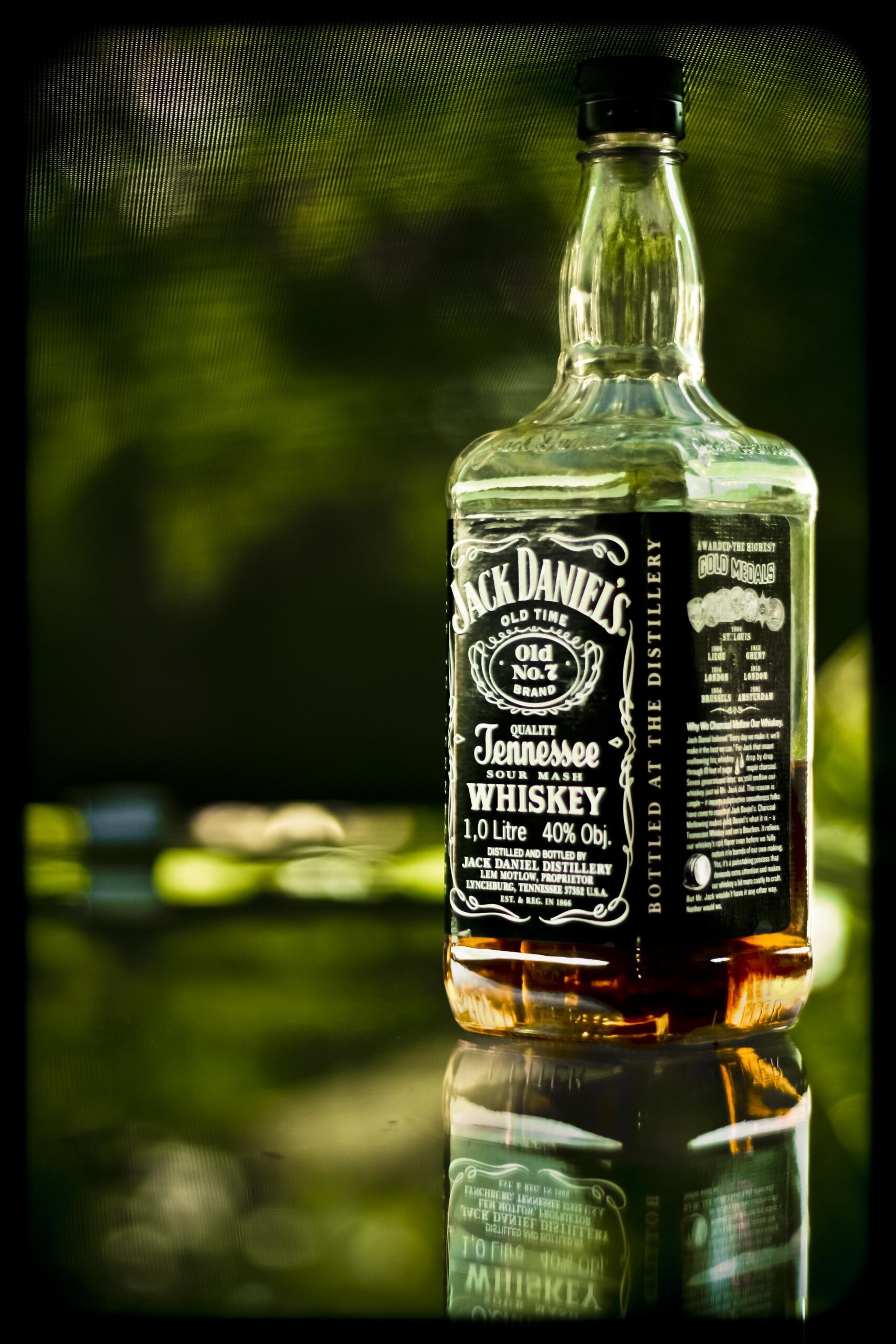 Like most states, the State of Nebraska has made significant changes to its laws relating to drinking and driving over the last several decades. Once upon a time, drinking and driving was not considered a very serious criminal offense. A first time offender could almost count on walking away with nothing more than a slap on the wrist and a small fine. All that has changed, however, in recent years thanks to efforts by advocacy groups aimed at bringing awareness to the general public about the dangers of drinking and driving. One group that has been heavily targeted with the messages about the dangers of drinking and driving is young drivers. Nebraska, like most states, also enacted a “zero tolerance” law aimed at under age drivers that effectively makes it a criminal offense to consume any alcohol and then get behind the wheel if you are underage. If you have been charged with Nebraska’s zero tolerance law, or are the parent of someone who has been, Omaha DUI attorneys can help.
Like most states, the State of Nebraska has made significant changes to its laws relating to drinking and driving over the last several decades. Once upon a time, drinking and driving was not considered a very serious criminal offense. A first time offender could almost count on walking away with nothing more than a slap on the wrist and a small fine. All that has changed, however, in recent years thanks to efforts by advocacy groups aimed at bringing awareness to the general public about the dangers of drinking and driving. One group that has been heavily targeted with the messages about the dangers of drinking and driving is young drivers. Nebraska, like most states, also enacted a “zero tolerance” law aimed at under age drivers that effectively makes it a criminal offense to consume any alcohol and then get behind the wheel if you are underage. If you have been charged with Nebraska’s zero tolerance law, or are the parent of someone who has been, Omaha DUI attorneys can help.
What Is Nebraska’s Zero Tolerance Law?
The “legal limit” has been decreased across the country to 0.08 percent in recent years. What that means is that, contrary to popular belief, you can consume alcohol and drive without committing a criminal offense as long as your blood alcohol level, or BAC, does not reach 0.08 percent — the “legal limit.” For the average adult, that means you might be able to drink a beer or two, consume a glass or two of wine, or enjoy one or two mixed drinks over the previous one to two hours and still be under the legal limit. Numerous factors will influence your BAC level, including your sex, weight, medical conditions, and even the last time you ate. Almost everyone, however, can consume at least one alcoholic beverage and remain under the legal limit. Not so if you are also under the legal drinking age of 21 years old. Nebraska’s “zero tolerance” law essentially sets the “legal limit” at 0.02 percent for a driver who is under the age of 21. The only reason the law is not at 0.00 is because simply rinsing with some mouth washes that contain small amounts of alcohol will cause you to register a BAC level if you take a breath test. The zero tolerance law, however, makes it clear that an underage driver cannot consume any alcohol prior to getting behind the wheel and driving or he/she will risk an arrest.
Consequences and Penalties of Violating the Zero Tolerance Law
The judicial penalties for a violation of Nebraska’s zero tolerance law are not particularly severe (30-day license suspension) because they are intended to educate and warn young drivers more than to punish them. Keep in mind that if an underage driver is caught driving with a BAC over the adult legal limit of 0.08 percent, that driver can – and likely will – be charged with a traditional charge of driving under the influence. The penalties for a conviction of a traditional DUI could include up to a year in jail and/or a fine and revocation of driving privileges.
Although the judicial penalties for a zero tolerance conviction are not severe, the non-judicial consequences may be. Any alcohol related driving conviction can cause a negative ripple effect, raising insurance rates, potentially disqualifying the offender for employment, and/or setting the offender up for more serious consequences down the road if there is ever another violation. For these reasons alone you should consult with an experienced Omaha DUI attorney to discuss what legal options you (or your child) has before simply signing a guilty plea agreement.
Contact Us
If you have been charged with driving a violation of Nebraska’s zero tolerance law, or you are the parent of someone who has been, in Nebraska contact the Petersen Law Office 24 hours a day at 402-513-2180 to discuss your case with an experienced Omaha DUI attorney.

